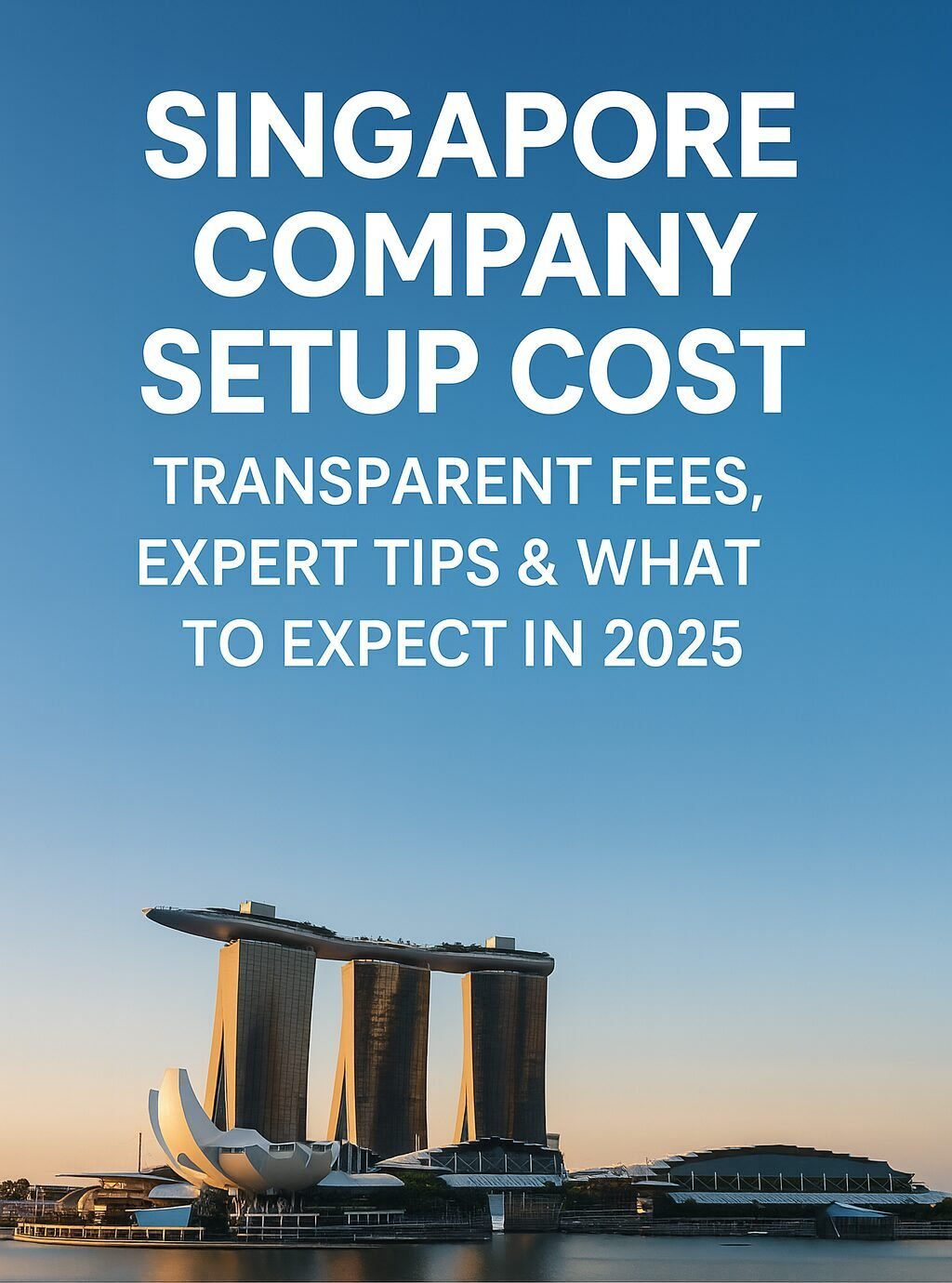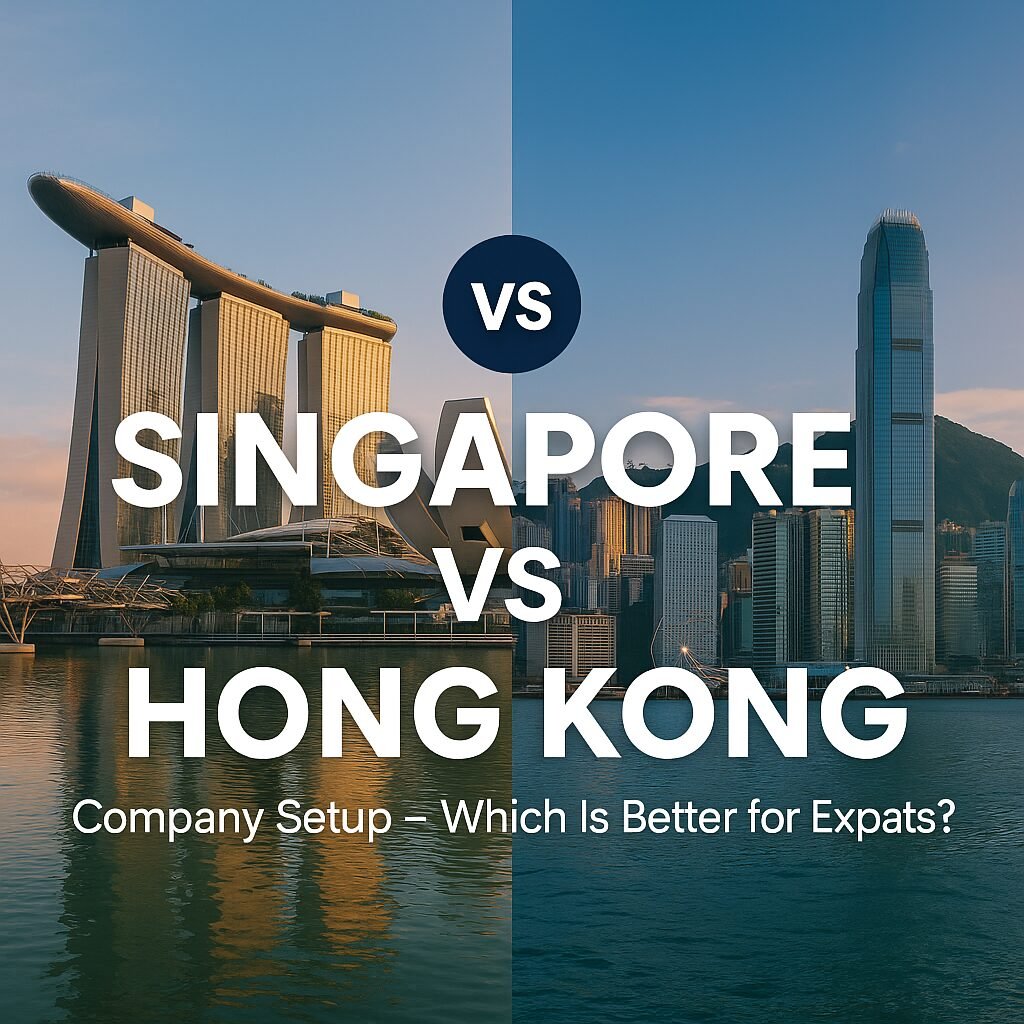Exploring Entrepreneurial Opportunities: A Comprehensive Guide to Starting a Business in Singapore as a Foreigner
Singapore, known as the “Lion City,” has established itself as a thriving global business hub and a hotbed for entrepreneurship. As a foreigner, venturing into the Singaporean business landscape offers a myriad of opportunities and advantages. In this comprehensive guide, we will delve into the essential steps and considerations for starting a business in Singapore as a foreigner, equipping you with the knowledge to unlock entrepreneurial opportunities in this dynamic city-state.
Table of Contents
Overview of Singapore’s Business Environment
Singapore boasts a robust and business-friendly environment, making it an attractive destination for foreign entrepreneurs. The city-state consistently ranks highly in various global indices, including the World Bank’s Ease of Doing Business Index, thanks to its efficient regulatory frameworks, strong infrastructure, political stability, and well-developed financial systems.
One of the notable features of Singapore’s business environment is its strategic geographical location. Situated at the heart of Southeast Asia, Singapore serves as a gateway to a regional market of over 650 million people. Its excellent connectivity and world-class logistics infrastructure enable businesses to tap into a vast consumer base and access emerging economies within the region.
Singapore is also renowned for its strong rule of law and intellectual property protection. The country upholds a transparent and corruption-free legal system, ensuring a secure and fair business environment. Stringent laws and regulations are in place to safeguard intellectual property rights, offering reassurance to entrepreneurs seeking to develop and commercialize innovative ideas.
Advantages of Starting a Business in Singapore as a Foreigner
Starting a business in Singapore as a foreigner comes with a range of benefits and advantages that contribute to the city-state’s allure as an entrepreneurial hub:
-
Ease of Company Incorporation: Singapore offers a streamlined process for company registration, with minimal bureaucratic hurdles. Entrepreneurs can incorporate their businesses quickly and efficiently, usually within a few days.
-
Business-Friendly Tax Regime: Singapore has a competitive and attractive tax system, with low corporate tax rates and extensive tax incentives. The city-state’s territorial tax policy ensures that income earned outside of Singapore is not subject to taxation, further enhancing the business-friendly environment.
-
Access to a Highly Skilled Workforce: Singapore boasts a talented and diverse workforce, comprising both local talent and a pool of expatriates. The country’s education system produces a skilled labor force, while its pro-business immigration policies facilitate the hiring of foreign professionals, enabling businesses to tap into a wide range of expertise.
-
Strong Government Support: The Singaporean government actively supports and encourages entrepreneurship. Various grants, schemes, and initiatives are available to assist startups and small businesses, providing funding, mentorship, and access to resources. The government’s pro-business stance and commitment to innovation foster an environment conducive to business growth.
-
Well-Developed Infrastructure: Singapore boasts world-class infrastructure, encompassing modern transportation networks, advanced telecommunications systems, and state-of-the-art facilities. This infrastructure facilitates seamless business operations and connectivity, ensuring entrepreneurs have the necessary tools to thrive in a competitive market.
Understanding the Legal Landscape
When starting a business in Singapore as a foreigner, it is crucial to have a solid understanding of the legal landscape. This includes familiarizing yourself with the types of business entities available, the process of registering your business, as well as any foreign ownership restrictions and permits that may be applicable.
Types of Business Entities in Singapore
Singapore offers several types of business entities, each with its own characteristics and requirements. The commonly chosen business structures are:
-
Sole Proprietorship: This is the simplest and most straightforward form of business ownership. A sole proprietorship is owned and operated by a single individual, who assumes full responsibility for the business and its liabilities. While it is easy to set up, it does not provide a separate legal identity for the business owner.
-
Partnership: A partnership involves two or more individuals (partners) who agree to share the profits and liabilities of the business. There are two types of partnerships in Singapore: general partnerships and limited partnerships. In a general partnership, all partners have unlimited liability, whereas in a limited partnership, there are both general partners (with unlimited liability) and limited partners (with liability limited to their investment).
-
Limited Liability Partnership (LLP): An LLP is a hybrid business structure that combines the flexibility of a partnership with the limited liability protection of a company. It offers partners limited personal liability for the debts and losses of the business. LLPs are commonly chosen by professional service firms, such as law firms and accounting firms.
-
Private Limited Company (Pte. Ltd.): A private limited company is the most common form of business entity chosen by entrepreneurs in Singapore. It is a separate legal entity from its shareholders, providing limited liability protection. The shareholders’ liability is limited to the amount they have invested in the company. Setting up a private limited company involves more formalities and compliance requirements compared to other business structures.
Foreign Ownership Restrictions and Permits
Singapore maintains an open and welcoming environment for foreign entrepreneurs, with no specific restrictions on foreign ownership of companies. However, certain industries may require licenses, permits, or additional regulatory approvals for foreigners to operate.
For example, businesses involved in banking and finance, education, healthcare, telecommunications, and media broadcasting may require specific licenses or approvals from the relevant regulatory authorities. It is essential to research and understand the industry-specific regulations and comply with any requirements before commencing operations.
In addition, foreign entrepreneurs looking to relocate to Singapore and actively manage their businesses will need to apply for an appropriate work pass, such as an Employment Pass or an Entrepreneur Pass (EntrePass). These passes allow foreign individuals to live and work in Singapore legally while overseeing their businesses.
Navigating the Regulatory Requirements
When starting a business in Singapore as a foreigner, it is crucial to navigate the regulatory requirements effectively. This includes obtaining the necessary licenses and permits, understanding tax obligations, and ensuring compliance with employment laws.
Obtaining the Necessary Licenses and Permits
Depending on the nature of your business activities, you may be required to obtain specific licenses and permits from relevant government agencies in Singapore. Here are a few examples:
-
Business Licenses: Certain industries, such as food and beverage, retail, education, healthcare, and financial services, require specific licenses or permits to operate. These licenses ensure compliance with industry regulations, health and safety standards, and consumer protection measures. It is essential to identify the licenses applicable to your business and apply for them before commencing operations.
-
Trade-specific Permits: If your business involves importing or exporting goods, you may need to obtain relevant permits, such as Customs permits or licenses from the Singapore Customs. These permits ensure compliance with customs regulations, import/export restrictions, and trade-related requirements.
-
Professional Licenses: Professionals in regulated industries, such as accounting, legal services, healthcare, or real estate, may require specific professional licenses or certifications to practice in Singapore. These licenses typically involve demonstrating qualifications, experience, and ethical conduct.


